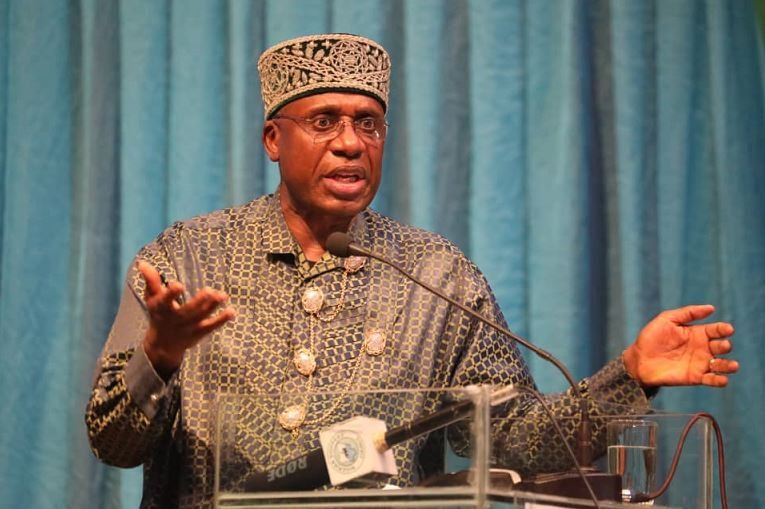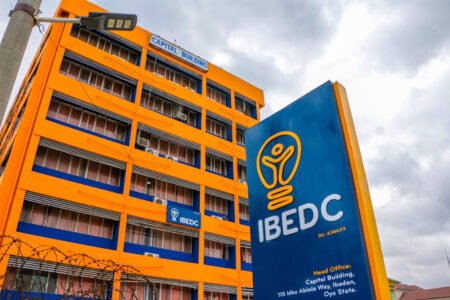The National Environmental Standards and Regulations Enforcement Agency (NESREA) has stepped up efforts to ensure that Nigeria’s beaches are clean as well as the sustainability of the environment.
Prof. Aliyu Jauro, the director-general of NESREA, made this statement during a news conference that the organization held on Wednesday in Abuja in conjunction with the Centre for Culture and Environment Promotion (CCEP).
The event was tagged the “Operation Clean Our Beaches (OCOB) Campaign” project.
He said that the event was remarkable, as the agency was determined to ensure that sustainability returns to the country’s environment.
“The Nigerian beaches are great assets to the nation and form a destination for recreation and tourism. However, where they are not regulated, they become a conducive place for negative vices.
“While it also serves the purpose of tourism and entertainment, among others, entrepreneurs make their income from sales of their goods and products at the beach,” NESREA boss said.
Jauro said that various brands of soft drinks and other kinds of drinks sold at the beach come in plastic bottles and have become explosive.
He said that plastic production and consumption were expected to increase globally and in Africa in the coming decades if no adequate action was taken.
“Nigeria accounts for 17 percent of the total plastic consumption in Africa and is the second largest plastic importer in the continent.
“A large percentage of these plastics are used in food and drink packaging, which people take along to beaches for relaxation.
“These wastes are disposed of on the beaches, which eventually end up in the ocean, thereby threatening biodiversity,” NESREA boss said.
He also raised concern over drug and substance abuse at the beaches, saying this was primarily the result of poor educational outcomes due to absenteeism and dropout, among others.
Jauro said another challenge at the beach was open defecation, which is the practice of defecating or disposing of human faces outside in places such as fields, streets, and gutters, among others.
He said the OCOB campaign aimed to stop the pollution of the beaches in Nigeria.
In a remark, the President of CCEP, Dr. Patrick Okpah, said that the OCOB project was designed to positively impact the Sustainable Development Goals (SDGs).
He said that ensuring Nigeria’s beaches are clean (free from open defecation) and drug-free would help attract more tourists, as well as both local and foreign investors.
“This will lead to increased gross domestic product (GDP) and job creation for Nigerian citizens and other residents,” he said.
Okpa said that a special feature of the OCOB project called the Nigerian Environment Awards (NEA) would be held in Nigeria on March 23, 2024, with the theme “Environment for Life.











